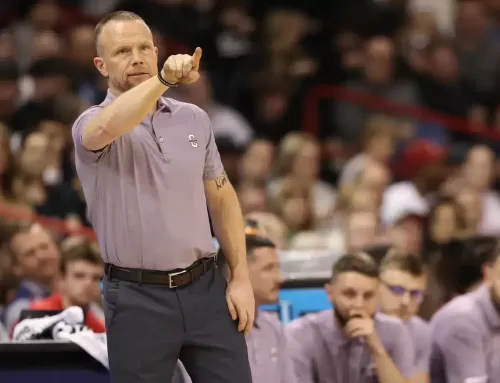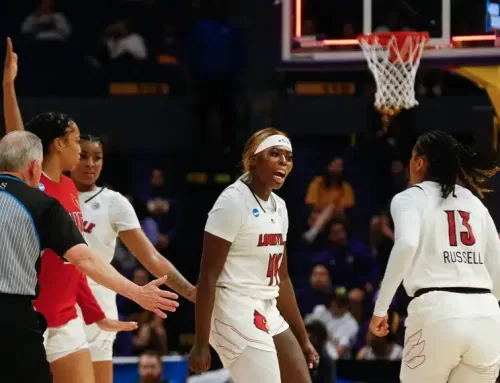By Baylee Pulliam–
When Kentuckians hit the voting booths on Nov. 8, they will elect a new lieutenant governor.
The race has narrowed to three frontrunners – Republican David Williams, Independent Gatewood Galbraith and Democrat Steve Beshear, the incubate candidate whose term as Kentucky’s governor expires this year. Here’s where the candidates stand on an issue especially relevant to college students: higher education.

Running mate: Jerry Abramson
Labeled the “Education Governor,” Beshear’s Task Force on Transforming Education in Kentucky announced an initiative earlier this month, which would encourage students to stay in school by “increasing the relevance of their coursework,” he said, and allow them to earn college credit for high school coursework.
Beshear signed legislation – House Bill 160 – in April 2010 to make it easier for students to transfer credits from KCTCS to four-year universities in the state.
Beshear said on Oct. 11 he has “prioritized education each and every time” when working toward balancing Kentucky’s budget. He also said he has worked with the Council on Postsecondary Education to slow the rising cost of higher education in the state.

Running mate: Richie Farmer
Williams, the President of Kentucky’s Senate, has focused mainly on high school education, seeking to reform standardized testing in Kentucky’s high schools, to eliminate the Jefferson County student assignment plan and calling for the dissolution of the Jefferson County school board in July. He has also focused on “reforming Kentucky’s curriculum to make it more focused on the core skills necessary for students to compete in the 21st Century economy,” according to his campaign website.
Williams has said little on higher education, only that “the cost of higher education is still a good deal in the state of Kentucky,” which he said on Oct. 11.

Running mate: Dea Riley
Galbraith said on Oct. 11 the most important issue is “we’ve got to get students employable,” regardless of their intended career field.
He said this could be accomplished by awarding each high school graduate in Kentucky a $5,000 voucher for books, tuition and fees at any higher education institution in the state, to be used within 10 years of high school graduation.
The voucher could be applied to universities and colleges, but could also be used for vocational school or workplace training, according to Galbraith’s website.
“We need higher education for all, not just some,” Galbraith said on Oct. 11, adding that vocational and workplace training are of equal importance to university schooling, because they increase employment opportunities.




